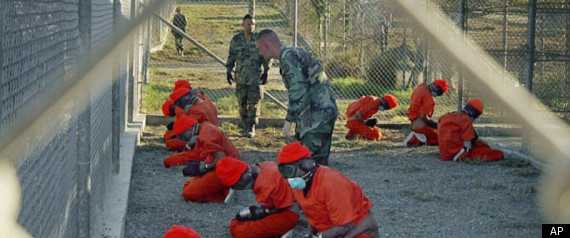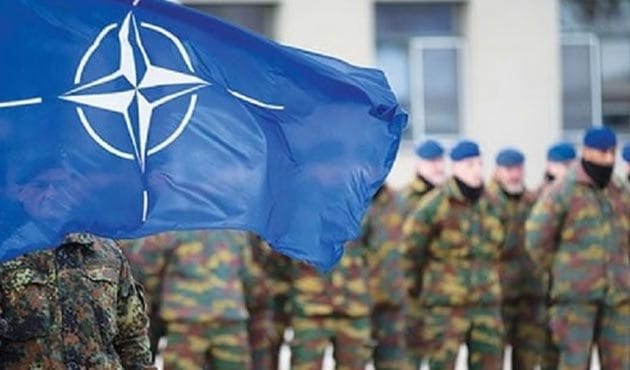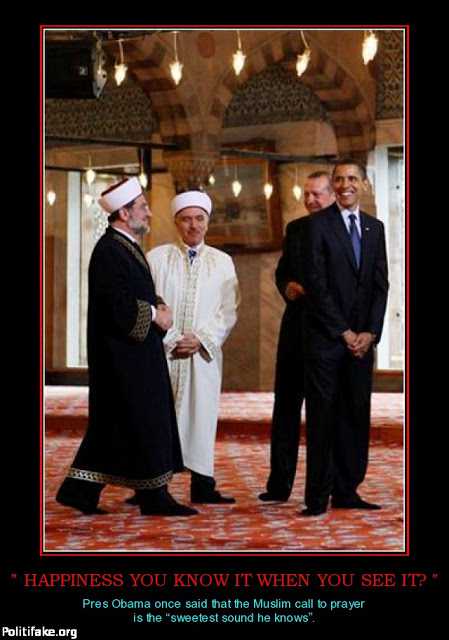- Bryant Harris

10 Issues John Kerry Should Address During His Visit to Turkey
In President Obama’s trip to the Middle East at the beginning of his term, he used his speech in Ankara to declare Turkey “a critical U.S. ally,” and rightly so. As part of Secretary of State John Kerry’s first overseas tour, he too will be visiting Turkey on March 1. Here are 10 issues that Kerry should address in Ankara.
I. European Union membership
Unlike countries such as Greece, Italy, and Spain, which are beset with huge deficits and crushing austerity measures, Turkey’s economy is strong and is the fastest growing in Europe. Europe can no longer afford to say no to Turkey. Thus, Germany’s Chancellor Angela Merkel has stated that negotiations for Turkey’s EU membership should resume. Europe must say yes to Turkey before Turkey says no to it.
2. Islamism in Arab democracies
It’s no coincidence that Islamist parties throughout the Arab world call themselves the “Justice and Development Party,” in the style of Turkey’s governing Islamist party. Under the Turkish acronym AKP, Turkey’s Justice and Development Party has provided strong economic leadership and successfully ended the country’s legacy of military coups. In contrast, hard-line, unyielding Islamist parties in Egypt and Tunisia have produced inept, divisive leadership and censoredsecular opposition.
Kerry should suggest that Turkey provides fledgling Arab democracies with guidance and advice, while encouraging fellow Arab Islamist parties to pursue more moderate, conciliatory policies that respect their opposition’s right to the freedom of expression.
3. The Syrian war
When in Ankara, Kerry should follow up with the talks in Rome between Assad’s regime and the rebels. Assad has chemical weapons and, if his regime is on the verge of collapse, may use them against his people and the neighbors he’s alienated. Kerry should speak with Turkey about how it can help cope with the country’s influx of refugees and establish peace and stability in Syria.
4. U.S.-Russia cooperation on Syria
Ottoman and Turkish relations with Russia have historically been tense, both before and after the Cold War. However, Turkish-Russian bilateral economic relations are indispensable, chiefly because Russia is the largest provider of natural gas to the rapidly growing Turkish economy. Despite Russia’s obstinate support of Bashar al-Assad and UN vetoes against sanctions on his regime, Vladimir Putin has stated that Russia and Turkey “share the same goals in Syria” but “differ on how to get there.”
Although Assad will likely not step down or implement any meaningful reform, the recent talks in Rome may convince Russia to be more assertive in ending the war by becoming tougher on Assad. Kerry could ask Turkey to facilitate multilateral negotiations with Russia in the interest of stabilizing Syria and the Turkish border.
5. Afghanistan withdrawal
Civilian casualties and controversial drone attacks have marred the U.S. led war in Afghanistan, partially due to the asymmetrical nature of the war. As such, despite its formidable military, Turkey has prudently limited its troops’ involvement in the Afghanistan conflict to effective military support and training for Afghan forces. Hence, Afghans are much more receptive to Turkey than its other NATO allies. As the U.S. begins to withdraw from the conflict, handing the reigns over to Afghan forces, Kerry should discuss how Turkey can best use its resources to continue to support Afghan troops, which is now more vital than ever.
6. Iraqi political unrest and violence
Iraq has seen a resurgence of Sunni protests, accompanied by escalations in sectarian violence in the form of suicide bombings and assassinations. After the quagmire that was President George W. Bush’s Iraq occupation, any sort of U.S. diplomatic measures, even unbiased, well-intentioned ones, would make matters worse. Although Turkey and Iraq have dicey relations due to the Kurdish issue, the U.S. can rely on Turkey to advocate for a stable, equitable Iraqi government.
7. Turkish incursions into Kurdistan, Iraq
In the spirit of Palestine and Israel, when oppressed Kurds attack Turkish security forces or civilians, Turkey responds with disproportionate force, both at home and in Iraq’s Kurdistan area, oftentimes killing a multitude of civilians in addition to militants. In one instance, the massacre of over 30 Kurdish civilians involved U.S. predator drone surveillance technology. Granted, the U.S. has no moral ground to stand on with its own civilian-killing drone program, but our government should oppose the murder of civilians in any country.
8. Turkey’s Kurdish issue
Like its neighbors, Turkey has a bad history of marginalizing its Kurdish residents, who therefore want to establish their own state. In the interest of human rights and stability, the U.S. should pressure Turkey to cease military attacks on the Kurds, which sometimes kill civilians, therefore prompting terrorist attacks from the PKK. Kerry should push Turkey and the Kurds towards peace talks, stressing Kurdish incorporation into Turkish institutions.
9. The Israeli-Palestinian conflict
In 2010 the Israeli attack on the Mavi Marmara and Gaza aid flotilla broke the straw on the camel’s back and pushed Turkey away from a closer relationship with Israel towards one more sympathetic to Palestine. The U.S. has too much pro-Israel and anti-Palestine baggage to ethically arbitrate peace between the two countries and should thus encourage Turkey to try after Turkish-Israeli relations improve.
10. Iran’s nuclear program and sanctions
As a result of Turkey’s “good neighbor” policy, it has taken a less hawkish, more nuanced stance on Iran than its NATO allies. Turkey recognizes Iran’s right to nuclear energy for peaceful, domestic purposes and has thus ignored the crippling U.S. lead sanctions on Iran’s economy, while complying with the UN backed sanctions, largely because Turkey is growing increasingly reliant on Iranian energy sources.
Kerry well likely try to push Turkey to participate in all U.S. sanctions on Iran but should actually be encouraging Turkey to take an active diplomatic role in persuading Iran to cool hostilities with Israel and dissuading it from potentially obtaining a nuclear warhead.
Picture Credit: Wikimedia Commons





